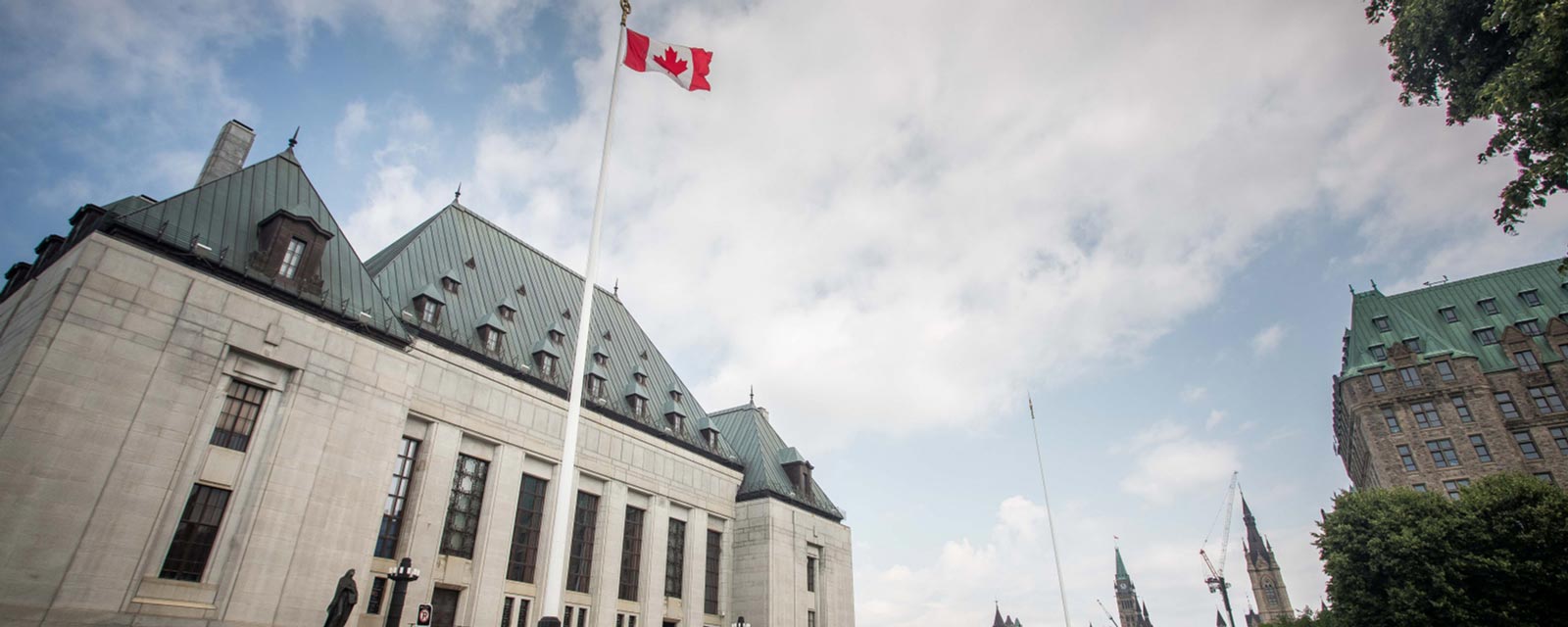The Supreme Court of Canada rendered a decision in an important freedom of expression case on October 1, 2021. In City of Toronto v. Ontario, the Court was asked to consider the constitutionality of legislation that changed the size of Toronto’s city council in the middle of a municipal election. The City, along with some candidates, had asked the Court to find that the law restricted freedom of expression in an unreasonable way. The argument was that in changing the rules mid-election, some candidates had wasted their time and limited campaign funds to communicate with voters that were no longer even in their riding and that the change had fundamentally undermined key campaigns.
The City’s application was initially successful, but a stay sought by Ontario was granted and the election happened with the smaller ward structure that the province preferred. The decision was appealed to the Court of Appeal for Ontario (which overturned the decision by a 3-2 vote), and then heard by the Supreme Court of Canada. CCLA was one of several interveners who sought to argue that the Court’s conception of free expression as protecting mostly “negative” rights should be revisited, and that the positive/negative distinction was not necessary or helpful.
In a 5-4 decision, the majority of the Supreme Court determined that the claim by the City was essentially a “positive rights” claim and that the City had not met the much higher burden required under the relevant legal test. As a result, there was nothing that was unconstitutional about Ontario’s decision to change the structure of the municipal council during the election period. A group of four judges dissented, and found that the distinction between negative and positive rights was not particularly helpful and should be rejected.
While disappointed with the decision, CCLA believes the dissenting judgment has articulated some important legal principles that may well become a majority view in the future. We are extremely grateful to Steven Barrett and Geetha Philipupillai of Goldblatt Partners LLP for their excellent advocacy on this case.
About the Canadian Civil Liberties Association
The CCLA is an independent, non-profit organization with supporters from across the country. Founded in 1964, the CCLA is a national human rights organization committed to defending the rights, dignity, safety, and freedoms of all people in Canada.
For the Media
For further comments, please contact us at media@ccla.org.





